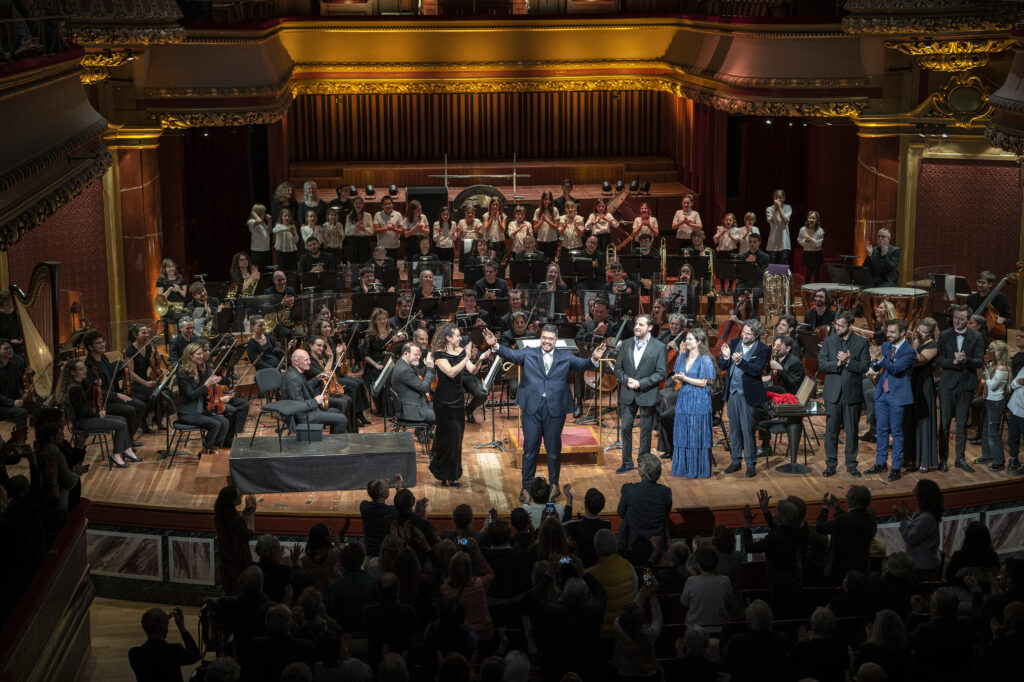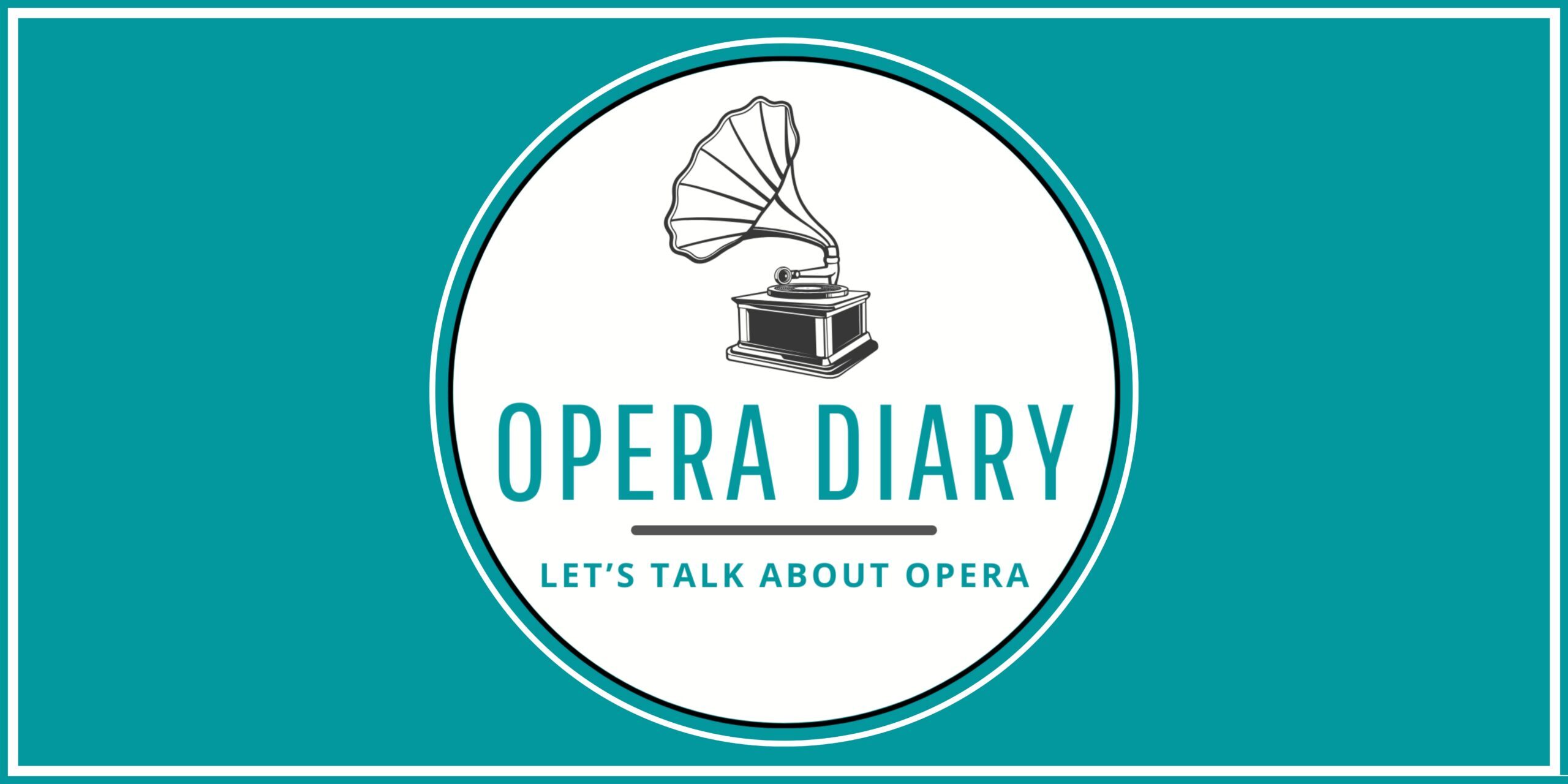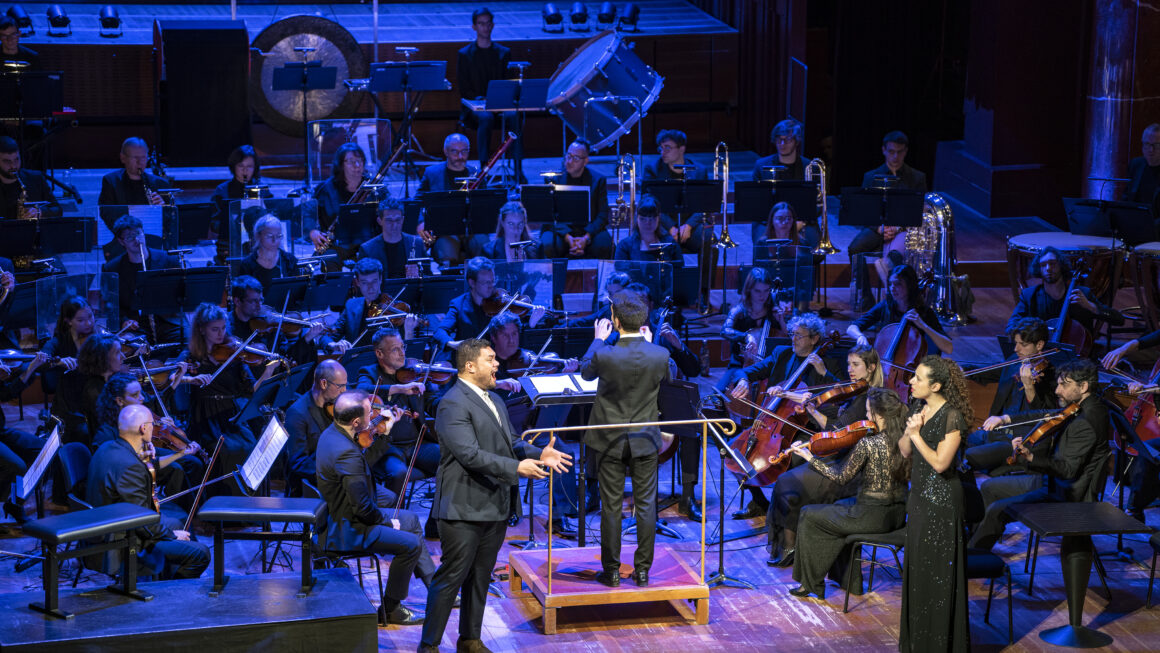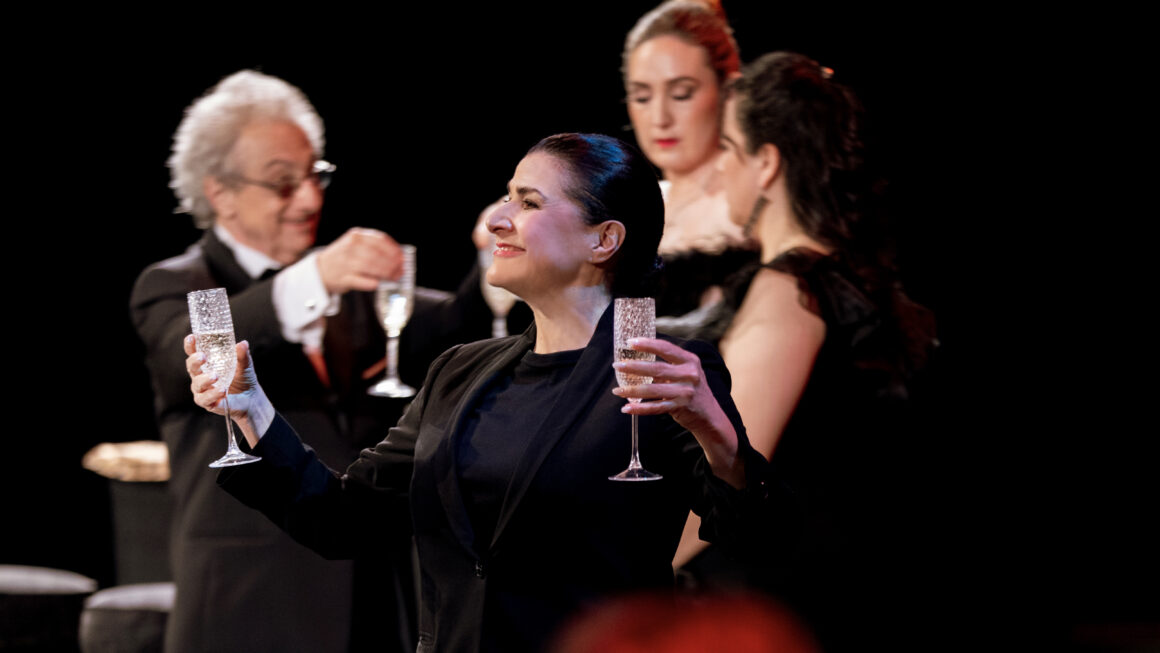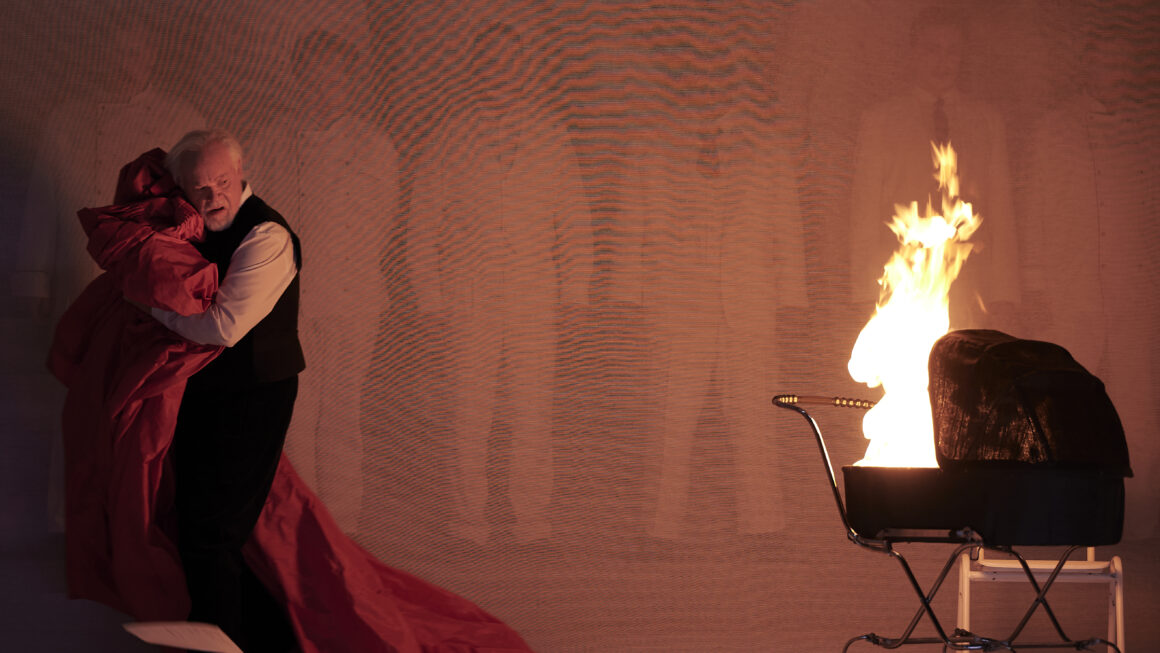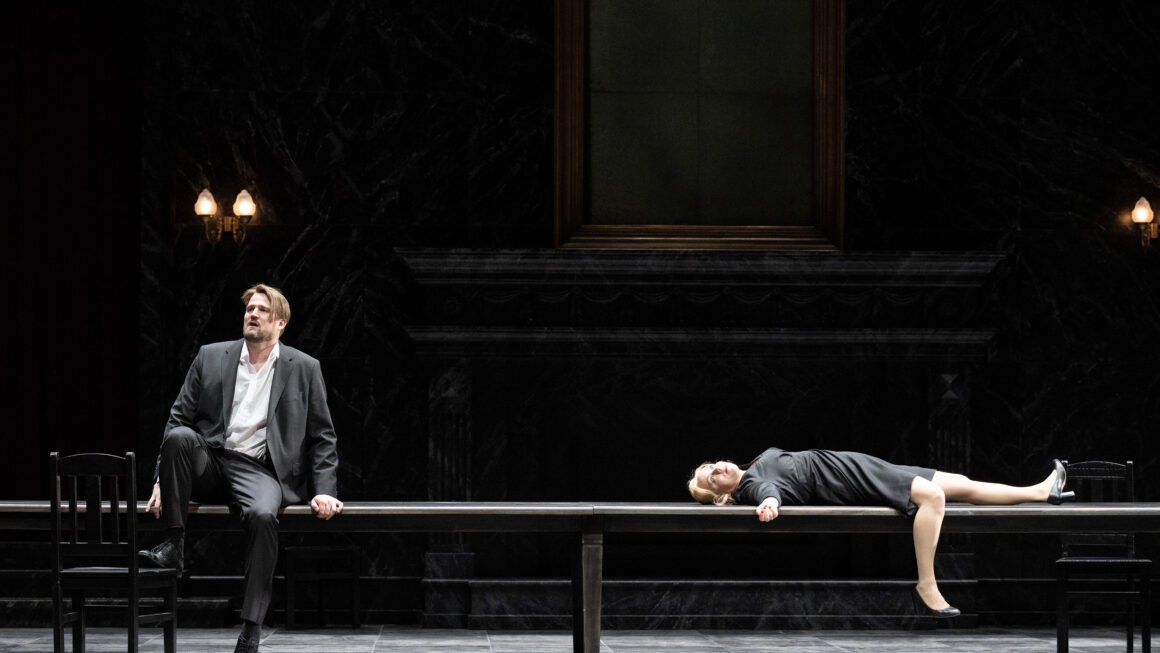Two nights in a row, two operas I didn’t know well, but Werther definitely felt much closer to my usual tastes than Salomé. And honestly, by the time Acts 3 and 4 rolled around, I was completely won over. Those final two acts have nothing to envy from a great Italian opera—intense focus on the two main characters, stunning arias on both sides, and a final love duet that just melts your soul. And let’s not forget: Act 4 is essentially a 20-minute slow and painful death scene for Werther, because why not end things on an emotional high (or low, depending on how you look at it)?
So, what’s Werther all about?
Alright, let’s sum up Werther in a way that makes sense. Written by Massenet and based on Goethe’s The Sorrows of Young Werther, it’s essentially a beautifully tragic story about a man who falls in love with the one woman he absolutely cannot have.
Werther: Our tortured poet, the OG king of emotional suffering. He falls in love with Charlotte, and instead of taking “no” for an answer, he spends the entire opera drowning in his own heartbreak.
Charlotte: The responsible one. She promised her dying mother she’d marry Albert, so even though she kinda, maybe, definitely loves Werther, she stays true to her word.
Albert: Charlotte’s husband. A decent guy but, let’s be honest, not exactly exciting. His role in the drama is mainly being the reason Werther can’t be happy.
Sophie: Charlotte’s little sister and the most cheerful person in this opera, which, let’s face it, isn’t hard. She has a soft spot for Werther, but he’s too busy wallowing to notice.
Long story short: Werther writes love letters, Charlotte tells him to move on, he doesn’t, he gets even sadder, and in true opera fashion, he makes a grand, tragic exit.
Pene Pati & Adèle Charvet – A beautiful duo !
Let’s talk about this casting, because wow.
Pene Pati was an absolute revelation. He’s not a native French speaker, but you’d never know it—his diction was flawless, and his phrasing was incredibly delicate and romantic. Honestly, it was softer, more natural, and more poetic than some of the biggest names in the role (cough Kaufmann, Bernheim cough). His voice is rich, warm, and full of emotion, and he delivered a Werther that was less brooding and more heartfelt. It was simply sublime.
And then there’s Adèle Charvet, who absolutely floored me. I’ve seen her perform plenty of times before, but never in a leading role like this, and she owned it. Her Charlotte was deeply nuanced, torn between duty and desire, and her vocal performance was outstanding. The standing ovation at the end? Largely for her, and rightfully so.
Special mention: Marc Leroy-Calatayud & the Orchestre de Chambre de Lausanne
A shoutout to young conductor Marc Leroy-Calatayud, who led the Orchestre de Chambre de Genève with such passion and energy that you could practically see the sweat pouring off him. This was my first time hearing this orchestra live, and I was completely captivated by their precision, warmth, and intensity. They provided the perfect support for the singers, elevating the entire experience.
One more chance to see it!
If you missed this incredible performance, there’s still hope! A second concert is taking place on Saturday, February 1, 2025, at 3 PM in Geneva before the production moves to Strasbourg for another round. If you have the chance, don’t miss it—it’s a breathtaking experience and an absolute must for lovers of French opera.
